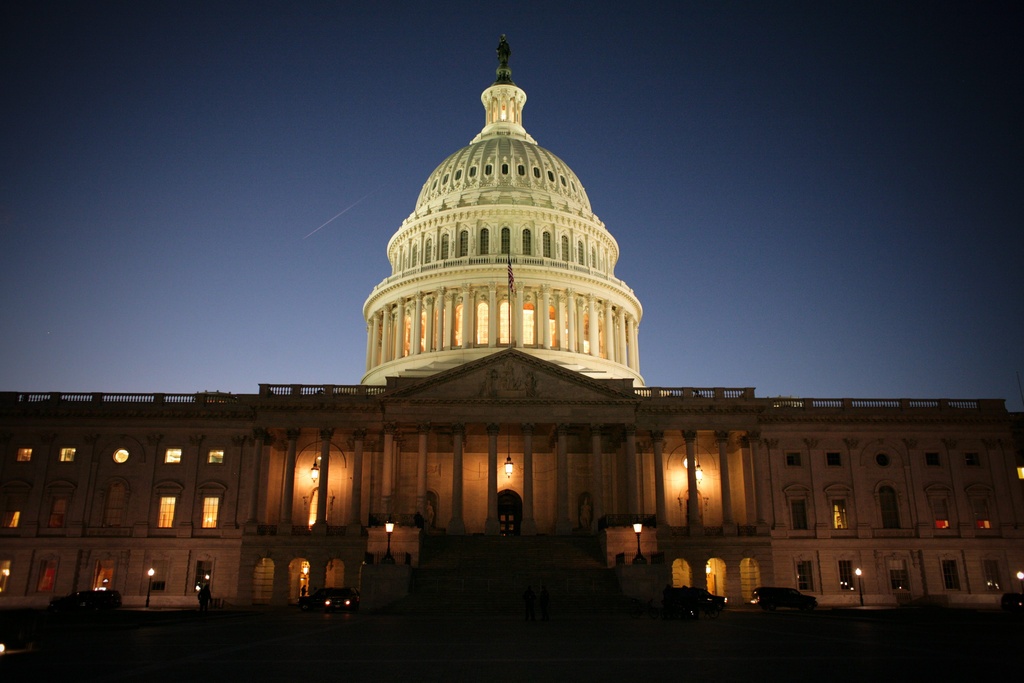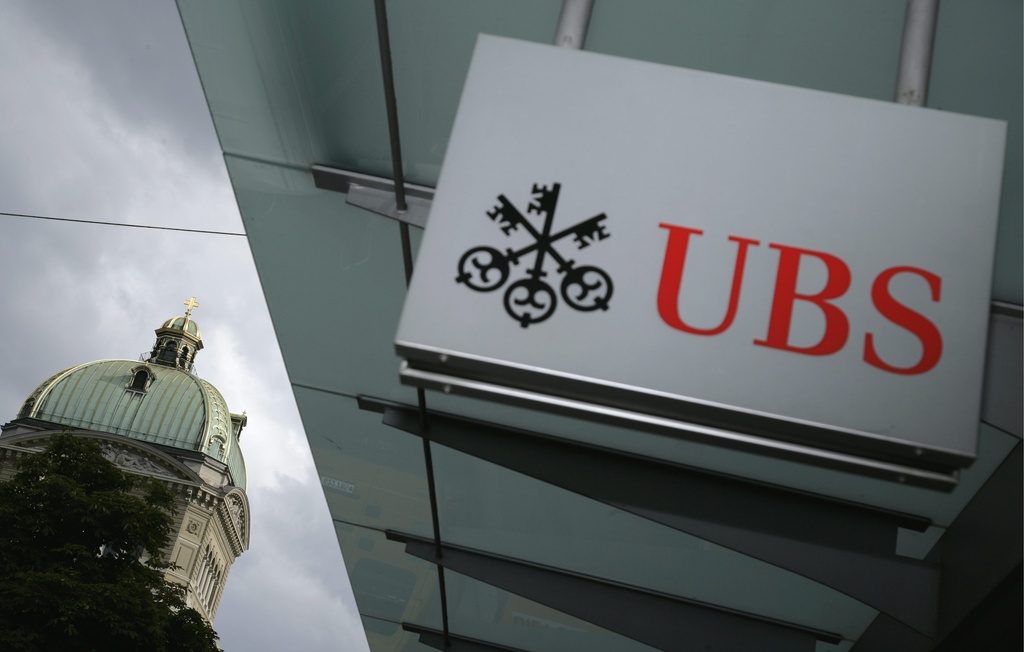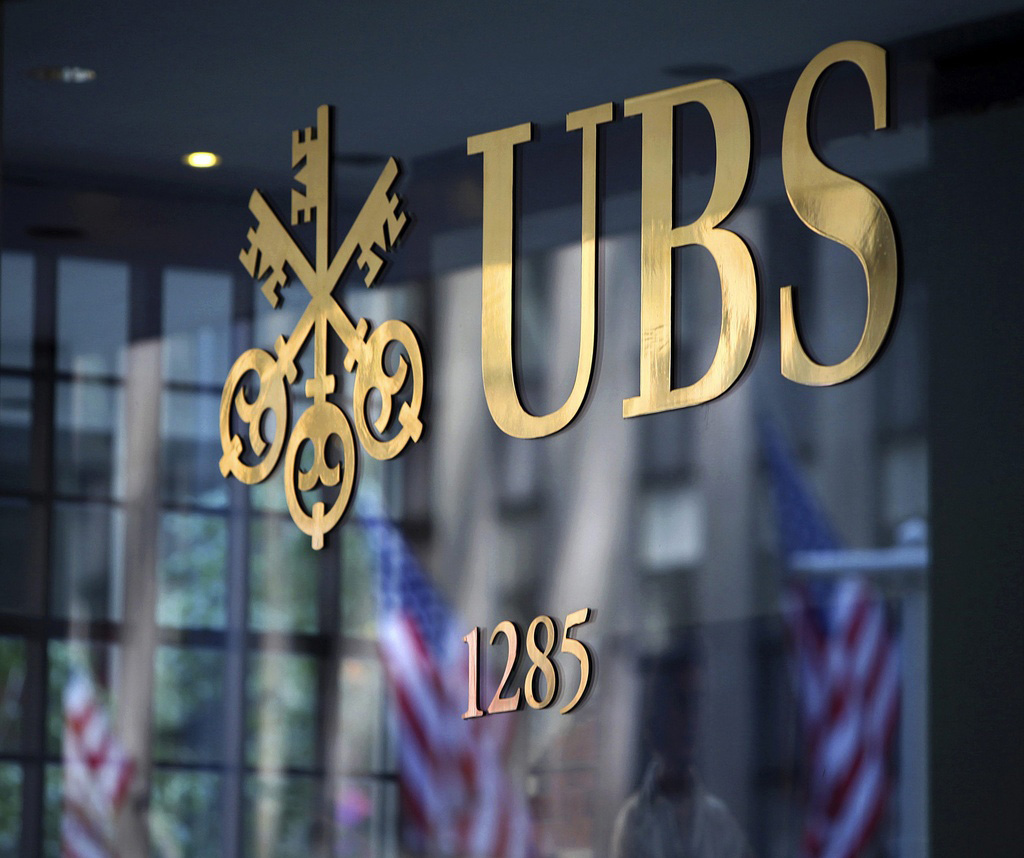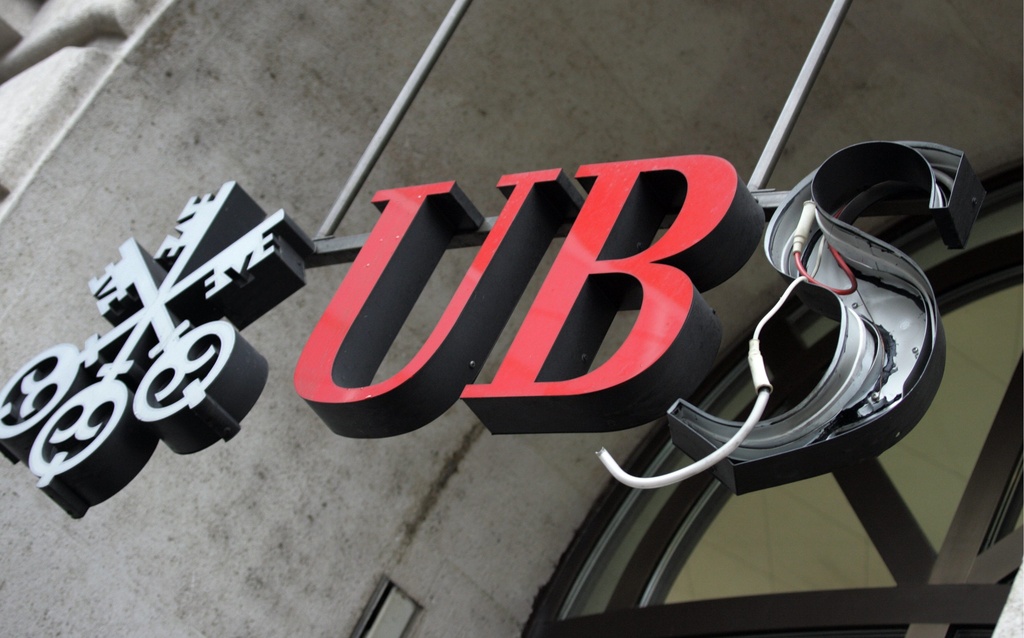UBS accord brings relief but also doubts

The Swiss parliament may have approved a UBS settlement deal but questions remain about the United States authorities’ next steps in the case.
The Swiss ambassador to Washington, Urs Ziswiler, expressed his “relief” on Wednesday night in Bern over last week’s adoption of an agreement with the US for sharing UBS client data.
The diplomat was the keynote speaker at a roundtable debate on relations between Switzerland and the US, organised by the Swiss Foreign Policy Association.
The highly controversial UBS agreement paves the way for the handover of details of 4,450 customers at the Swiss bank to the US Internal Revenue Service.
Ziswiler noted that the situation, which arose from illegal practices of UBS in the US, had cast a shadow over the otherwise “excellent” relations between two “sister republics”.
So does parliament’s painful acceptance of the deal signal the end of potential legal problems for Swiss banks on US soil?
Of this, Ziswiler cannot be certain. “We cannot rule out that other Swiss banks may have acted in the same manner as UBS. What can be ruled out, however, is that they will have done so to the same extent,” he told swissinfo.ch.
But while the deal’s supporters, such as Martin Naville, CEO of the Swiss-US Chamber of Commerce, have heaved a sigh of relief, doubts are being raised about America’s longer-term plans.
“Fishing expeditions”
Margret Kiener Nellen, chair of the finance committee of the Swiss House of Representatives, wonders if the US will now – UBS deal in hand – start dragging its feet in ratifying a new bilateral double taxation accord with Switzerland. The revised accord was approved last week by the Swiss parliament.
Nellen, a Social Democrat, notes that a declaration attached to the UBS deal, signed in August 2009, could lead to other requests for administrative assistance, in the form of “fishing expeditions”, for other Swiss banks that operated like UBS.
The declaration is based on an expansive interpretation of the double taxation agreement in force since 1996. That accord, ironically, could swing more in the US’s favour than the revised version, which does away completely with the Swiss distinction between tax fraud and tax evasion.
Questioned on this point, Ambassador Ziswiler said that the new double taxation accord is in the hands of the US Senate and he hoped it would be ratified by the end of the year. “But I cannot say that I am certain about that,” he admitted.
“Deep unease”
Taking part in a roundtable discussion, Naville said that by adopting the deal Switzerland had shown that it was not “a state that defends those who commit tax fraud”.
Another panellist on the night, Raymond Loretan, the former Swiss consul-general in New York, could not hide his “deep unease” about an agreement that sets a “dubious precedent”.
According to the former Christian Democratic Party secretary-general, “we failed to explain [to the US] how Swiss institutions work”.
Loretan also regretted that Bern had not anticipated the crisis. “US threats were not taken seriously. They should have negotiated earlier,” he said.
No nodding off
Ziswiler pointed out that in this instance, there was clearly an imbalance between a superpower and a small state. “The biggest mistake now would be to sit back and nod off,” he said.
Now, more than ever, it is necessary to work closely with contacts and explain issues to the US, he noted.
Journalist Myret Zaki, author of a book on banking secrecy, told the roundtable that she foresaw a withdrawal of Swiss financial institutions from the US market, which is now considered risky. Struggling financially, the US could be increasingly tempted to wage unfair economic wars against foreign groups, she said
It is a fear that is brushed aside by Naville, who asserts that there are no signs yet of Swiss investors withdrawing from the United States.
Federico Bragagnini, swissinfo.ch (Translated from French by Jessica Dacey)
The public debate on Swiss-US relations was organised by the Swiss Foreign Policy Association on the occasion of its annual meeting. The event was opened to the public.
It included a keynote speech by Urs Ziswiler, Swiss ambassador to the US, and a roundtable discussion with Raymond Loretan, the former Swiss consul-general in New York, Martin Naville, CEO at the Swiss-American Chamber of Commerce, Katharina Vögeli, director of the Geneva Center for Security Policy, Myret Zaki, editor-in-chief of the business magazine Bilan, and Ivana Pribakovic of radio DRS.
The US is Switzerland’s second-biggest export market, after Germany (nearly SFr19 billion in 2009, source State Secretariat for Economic Affairs).
On the other side, US is Switzerland’s fourth-biggest import market (under SFr 19 billion), after Germany, Italy and France.
Nearly 20% (or SFr150 billion) of direct investment by Swiss businesses abroad is done in the US. (That’s more than Germany, France, Italy and Austria combined.)
In 2008, Swiss businesses employed 350,000 people on American soil, which makes Switzerland the sixth biggest foreign investor in the US (with a total of $166 billion, according to US statistics).
For Switzerland, the US is the second most important foreign investor after the Netherlands (SFr86.5 billion in 2008, or 18.5% of overall foreign investment in Switzerland.)
UBS, Switzerland’s second-biggest bank after Credit Suisse, is a world heavyweight in wealth management. The company employs 64,000 people in the world, of which 37% are in the US and Canada, according to its website.

In compliance with the JTI standards
More: SWI swissinfo.ch certified by the Journalism Trust Initiative






You can find an overview of ongoing debates with our journalists here. Please join us!
If you want to start a conversation about a topic raised in this article or want to report factual errors, email us at english@swissinfo.ch.